Boards exist for oversight and governance, which leads to risk mitigation. An effective board challenges the management team and themselves to make sure they are thoroughly analyzing their decisions.
Bring Fresh Perspective
Effective boards can bring fresh perspectives on problem solving. This is an opportunity to bring in people from different areas of the organization or from the outside. Doing this breaks up the groupthink that can tend to happen. It allows for new ways to think about a problem. People can come in with new perspectives that can either be rejected, accepted, or shaped.
This can lead to a passionate and spirited debate, but one that is necessary to produce a solution and would be described as a healthy conflict. Essentially, effective boards pressure-test ideas to come up with the best solution. None of this is about fighting each other, rather it is done with a purposeful intent to do what is best for the employees, clients, and shareholders.
 RELATED INSIGHT: How to Build an Organization That Operates With a Purpose
RELATED INSIGHT: How to Build an Organization That Operates With a Purpose
Awareness of Business Risks
Another important function of boards is the shared awareness of business risks. They can spot different outside factors that can impact the business in new and unusual ways. The COVID-19 pandemic is an excellent example of this. During the last couple of years, there has been a heightened cybersecurity threat that challenges companies that have valuable information or intellectual property (IP). Boards can bring awareness to these types of threats through frequent meetings.
 RELATED INSIGHT: How to Prepare Your Business for the Unexpected
RELATED INSIGHT: How to Prepare Your Business for the Unexpected
Bring Challenges in a Positive Way
Finally, boards can bring challenges to how business is done, in a positive way. They need to improve ideas through purposeful effort to make things the best they can be. Active participation, high engagement, and the willingness to challenge each other are the pillars of a successful board.

© 2022 SVA Consulting







